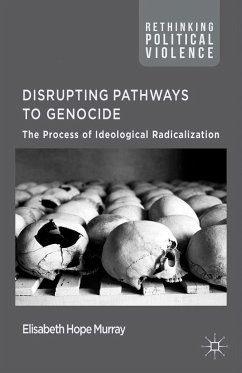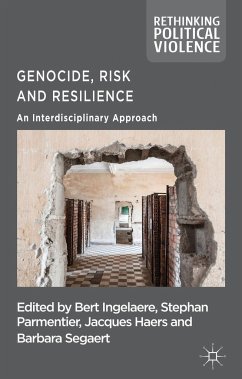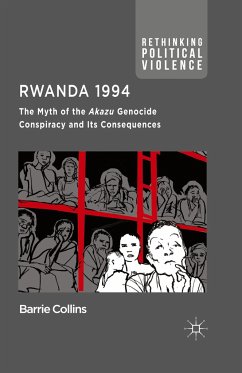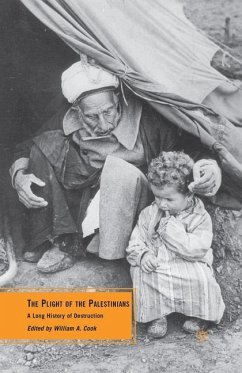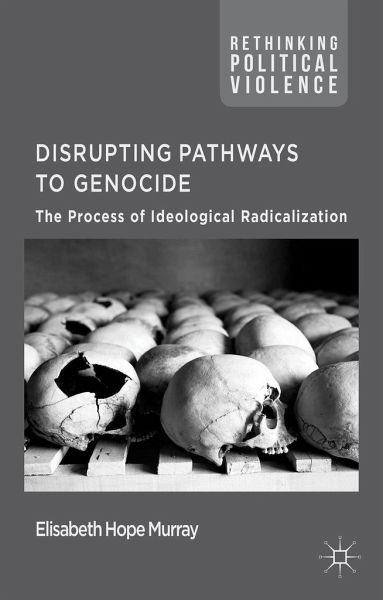
Disrupting Pathways to Genocide
The Process of Ideological Radicalization
Versandkostenfrei!
Versandfertig in 6-10 Tagen
38,99 €
inkl. MwSt.
Weitere Ausgaben:

PAYBACK Punkte
19 °P sammeln!
How does ideology in some states radicalise to such an extent as to become genocidal? Can the causes of radicalisation be seen as internal or external? Examining the ideological evolution in the Armenian genocide, the Holocaust and during the break up of Yugoslavia, Elisabeth Hope Murray seeks to answer these questions in this comparative work.





